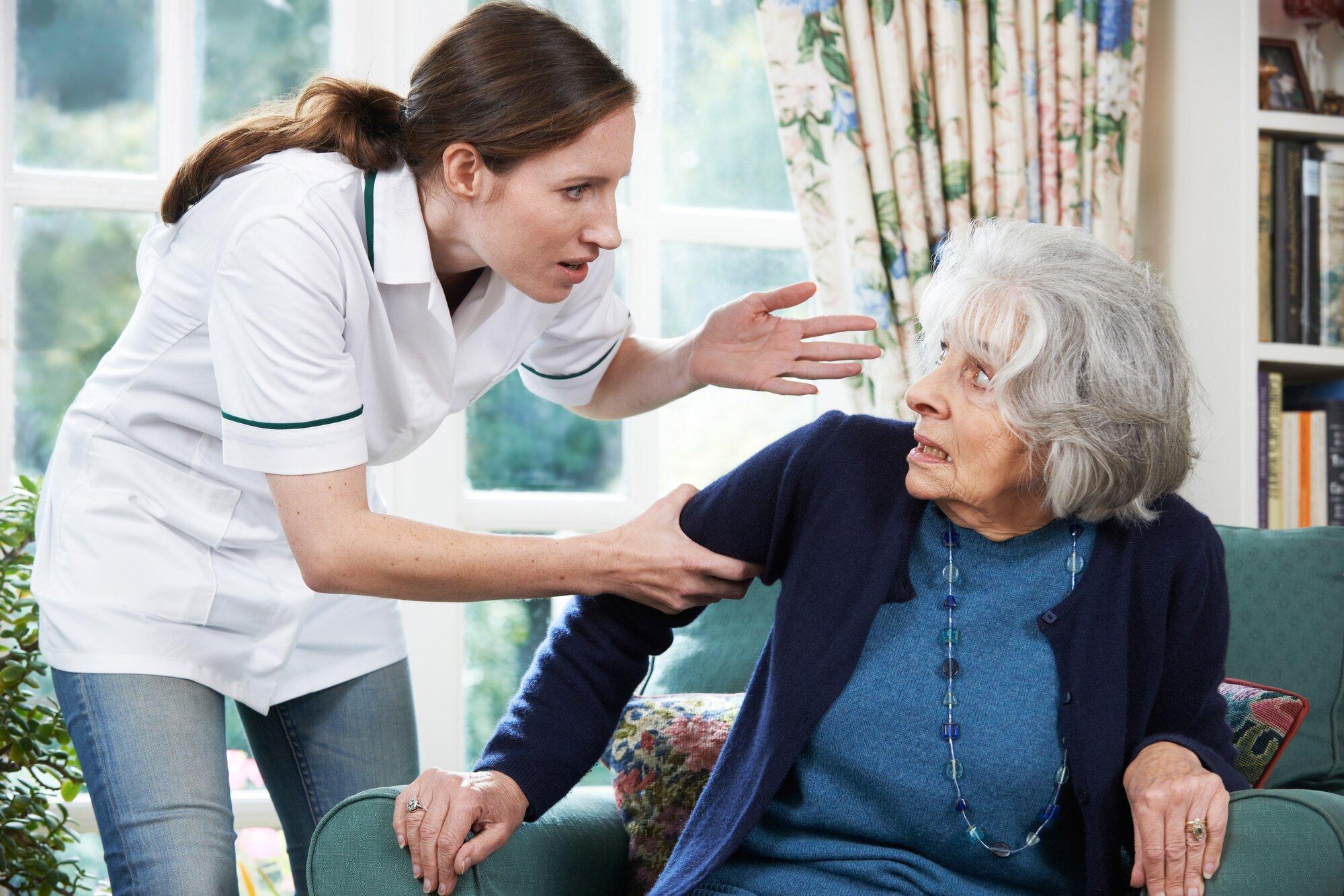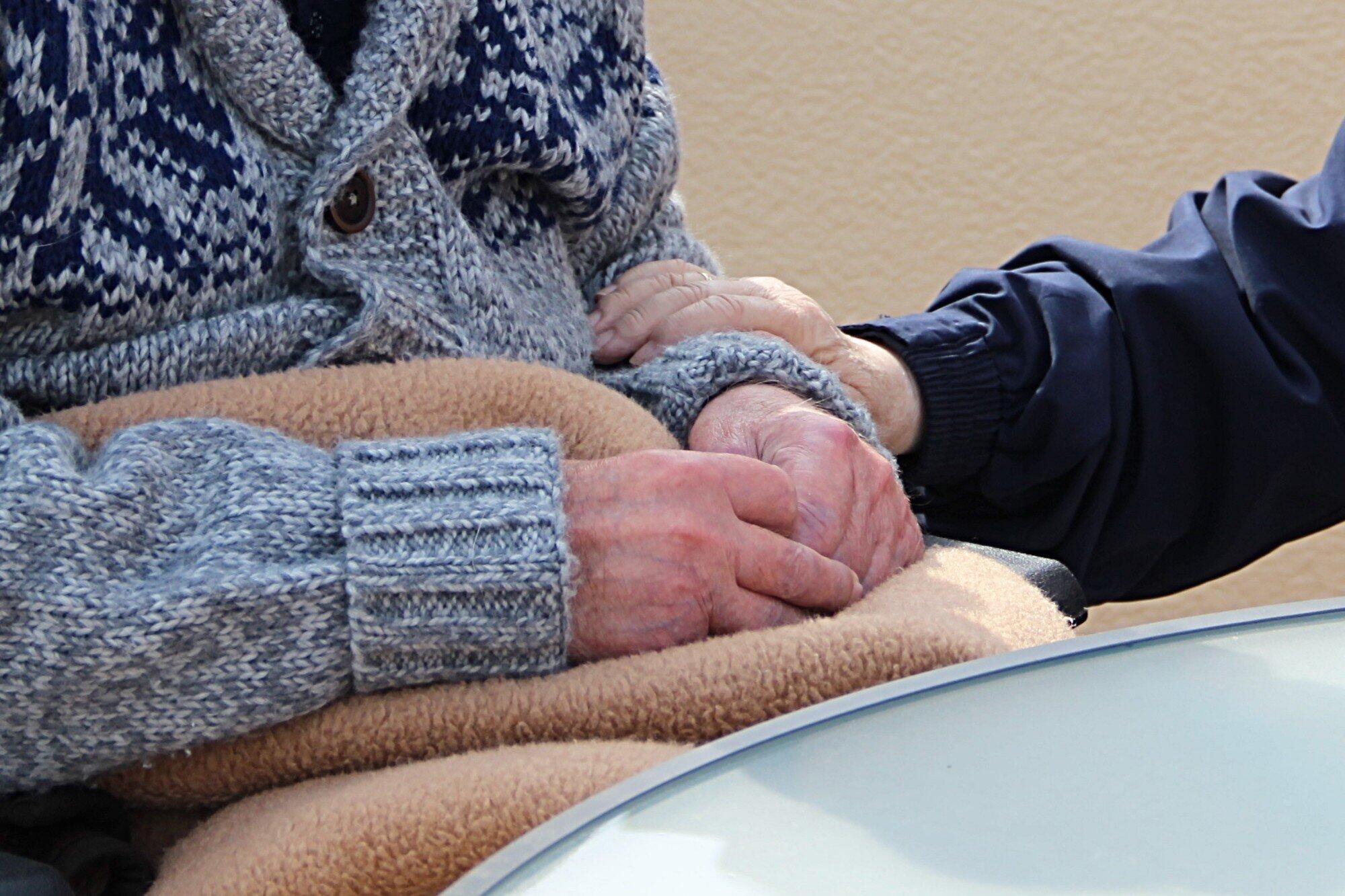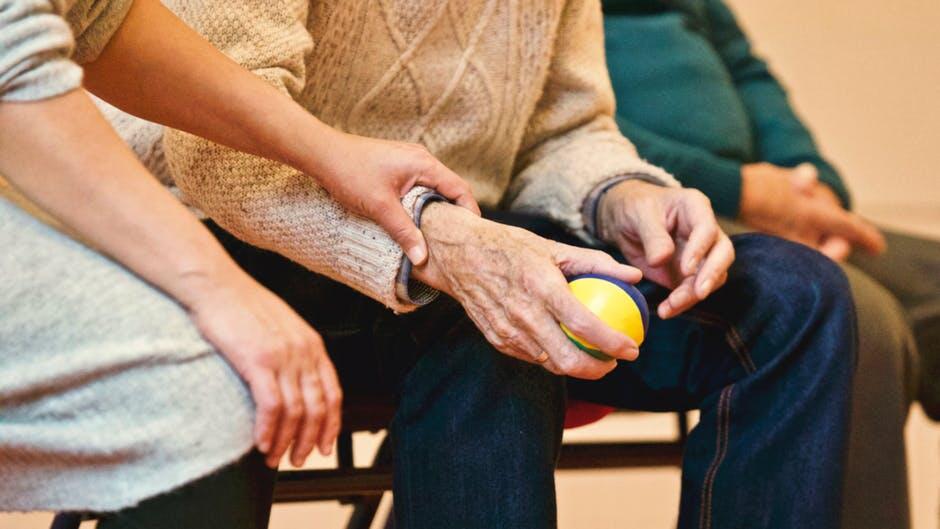
Legal Aid for Various Types of Abuse in Nursing Homes
Understand the different types of abuse in nursing homes and find out how to get legal help. Act now to protect your loved ones.
More than 2 million cases of elder abuse are reported each year. Abuse is often rampant in nursing homes. When you place your loved ones in nursing homes, you trust that these communities will keep them safe.
Unfortunately, some nursing homes may betray your trust. Abuse of your loved one can lead to physical harm, emotional distress, and even death. Knowing the different types of abuse in nursing homes can help you protect your loved one legally.
Below is a guide on how to get legal help. Keep reading to learn more.
Physical Abuse
Physical abuse involves any form of bodily harm imposed on a nursing home resident. This may include restraining, hitting, or pushing.
Some nursing home staff may use other subtle forms of physical abuse, such as overmedication. Residents may be falsely diagnosed with mental health issues to justify issuing potent antipsychotics. Most understaffed facilities may opt for this to subdue residents.
To prove physical abuse, you need to be keen on any bodily injuries. If your loved one displays signs, consider elderly abuse legal assistance.
Our Team Is Here To Assist You Every Step Of The Way.
SPEAK TO AN ATTORNEY TODAYEmotional Abuse
One of the sneakiest forms of abuse in nursing homes is emotional abuse. It may manifest as:
- Giving threats
- Insulting or ridiculing a resident
- Trivializing their concerns
- Using hurtful language
- Shouting at the resident
- Humiliating or shaming the resident
- Mocking the resident’s disabilities
- Isolating the resident from social activities
Emotional abuse can affect your loved one’s mental health. They may become withdrawn, anxious, or depressed.
Nursing Home Neglect
Neglect occurs when a nursing home facility fails to provide adequate care to residents. This can happen when caregivers neglect their responsibilities, intentionally leaving your senior loved one unattended.
You may notice changes in personal hygiene if your loved one is abandoned. Neglect can also happen when residents don’t get basic needs such as food, water, or medical treatment. If your loved one faces neglect, they may suffer from malnutrition or untreated medical conditions.
Financial Abuse
Financial mistreatment is a common issue in nursing homes. It often involves the unauthorized use or theft of a senior’s assets. It can include activities such as:
- Signature forgery
- Unauthorized withdrawals
- Manipulation of financial documents
Your loved one may be at risk of financial abuse if they’re physically or mentally impaired. Ensure you monitor their financial assets to recognize unusual behavior.
Sexual Abuse
Sexual abuse is another distressing form of abuse in nursing homes. It can take various forms, including:
- Rape
- Molestation
- Unwanted touching
- Inappropriate sexual comments
Victims of sexual abuse may suffer physical injuries or sexually transmitted infections. What’s more, you may notice a shift in their behavior.
Legal Advice for Elder Care: How to Protect Your Loved Ones
With nursing home abuse cases on the rise, it can be hard not to worry about your loved one. Remember, you’re not alone in this. There are numerous resources available to help you protect your loved one, from legal aid organizations to elder abuse hotlines.
Even better, you can be a proactive champion for your loved one’s well-being. Here is some legal advice for elder care:
Visit Frequently
Regular visits are important. Drop by often to see your loved one — scheduled and unannounced. It will allow you to monitor your loved one’s condition and the care they are receiving.
This also lets you see a clear picture of the facility’s operations. You can also assess your loved one’s interactions with staff.
Communicate Openly
Encourage open communication with your loved one. Ensure they feel comfortable discussing their concerns about the nursing home. Listen carefully to any complaints or unusual comments.
Know the Signs of Trouble
Knowledge is power, especially when identifying potential abuse. Some of the things to look out for include:
- Poor hygiene
- Sudden weight loss
- Unexplained injuries
- Unexplained financial activity
If you see any of these, don’t hesitate to report your concerns. You should also seek legal help if needed.
Become a Financial Watchdog
Keep an eye on your loved one’s finances. Review statements for unusual transactions. Early detection of financial abuse can help you avoid major losses.
Empower Yourself on Nursing Home Abuse
The more you know about your loved one’s rights and the legal protections available, the stronger your position becomes. Research and educate yourself. This will give you the confidence to advocate for them effectively.
Legal Support for Elder Abuse: How to Get Help
If you suspect your loved one is a victim of nursing home abuse, knowing where to turn for legal support is important. Also, time is of the essence — so early intervention can not only stop the abuse but also help your loved one recover and heal.
Here are steps you can take to secure legal aid fast:
Step 1: Report Abuse
The first step is to report the abuse to the appropriate authorities. You can report cases of abuse to:
- Law enforcement
- Adult protective services
- The nursing home administrator
- The state’s long-term care ombudsman program
Ensure you document any evidence of abuse, such as copies of medical records. Photos of injuries can also come in handy.
Step 2: Find a Nursing Home Abuse Lawyer
Once you’ve reported the abuse, contact an experienced nursing home abuse attorney. These lawyers specialize in handling cases involving elder abuse. They’ll help you understand your legal rights and options.
When choosing a nursing home abuse lawyer, consider their track record in successful settlements. They should also be compassionate in their approach.
Step 3: File a Lawsuit
If your loved one has suffered harm due to abuse in a nursing home, you can file a lawsuit to seek compensation. Your attorney can help you determine if you have a valid case. They will also guide you through the legal process.
Protect Your Loved Ones From Elder Abuse
The different types of abuse in nursing homes can have upsetting consequences for residents. Working with legal experts can help you fight for justice and protect your loved ones.
Looking for legal support for elder abuse? Look no further than Boettcher, Devinney, Ingle & Wicker. Our qualified attorneys will take on your elder abuse case and get you the compensation you deserve.
Don’t wait — get in touch with us to schedule a consultation.










